Democrats are pushing their candidates to go on the offense on crime ahead of the 2026 midterms, seeing upside in what’s been one of their weakest electoral issues.
A private polling memo that shows potential openings for the party to peel voters away from Republicans on one of their core issues is being distributed to House Democrats and their campaign committees, and was shared exclusively with POLITICO.
The battleground-district survey from Global Strategy Group — commissioned by gun-safety advocacy group Giffords and House Majority Forward, a nonprofit aligned with House Democratic leadership — offers a bleak assessment of Democrats’ starting point: 89 percent of the 1,200 likely voters surveyed want their Congress member to take steps to keep them safe, but only 38 percent trust Democrats over Republicans with that task.
Voters also reported preferring Republicans to Democrats with preventing and reducing crime and cracking down on violent crime — gaps that grew among swing voters.
But, in a hint of hope for the party looking to neutralize a weakness President Donald Trump will exploit next year, those voters swung toward Democrats in all four categories after hearing messaging acknowledging crime is a problem and showing steps the party has taken to increase safety. Specifically, pollsters cited cracking down on gun trafficking and strengthening firearm background checks. The persuasion effort included criticisms of GOP cuts to gun-violence prevention funding, the Trump administration’s attempts to roll back firearm regulations and Republicans’ ties to pro-gun groups.
The double-digit swings gave Democrats a 2-point advantage when respondents were asked about crime reduction, 4 points on keeping people safe and 6 points on crime prevention. The shifts were even more pronounced among swing voters.
Democrats also shrunk the GOP advantage on preventing violent crime to 1 point.
Giffords, House Majority Forward and Global Strategy Group pollsters are in the midst of briefing top House Democrats, frontline candidates and party committees about the poll, which was conducted in July. The groups are angling to revamp Democrats’ crime messaging, urging candidates to project toughness on crime and campaign against traditionally law-and-order-focused Republicans for making cities less safe by slashing federal funding.
And they want the party to shift quickly, lest they give Republicans a runway to ramp up their attacks in the upcoming midterms, when Democrats look to deny the GOP its slim advantage in the House.
“We do not want people to get shot or stabbed or carjacked. We want to hold people accountable when they break the law. None of that is revolutionary. But we do have to actually say that,” Emma Brown, Giffords’ executive director, said.
Doug Thornell, the CEO of consulting firm SKDK, who advised the polling project and works with Democrats including Maryland Gov. Wes Moore, called crime “personal and emotional to voters, and they expect their leaders to make it a serious priority.”
But Democrats face a difficult task in trying to figure out how to handle voters’ concerns over crime, with Trump fomenting those worries by sending the National Guard into blue cities across the country as part of a broader law-and-order crackdown.
Democrats are responding to the push with recent statistics that show violent crime falling from a pandemic-era spike and touting their investments in anti-violence initiatives. But they have struggled to change voters’ perceptions that they’re weak on crime — a belief that helped Trump’s 2024 victory.
Polls show voters largely trust Republicans more on crime; a Reuters/Ipsos survey last month found the GOP holds a 20-point advantage over Democrats on the issue. They see crime-fighting as a strength of the president, who maintains higher approval ratings on lawlessness than on the economy. Republicans are already hammering Democrats in key midterm races as “soft on crime” and anti-law enforcement.
And Democrats have spent years trying to distance themselves from the “defund the police” slogan that hurt them with their own constituents — touting support for law enforcement and tough-on-crime tactics in an acknowledgment they need to retool their approach to criminal justice.
“Anytime Republicans make an aggressive stance and the Democrats criticize it, it looks like the Democrats are defending the status quo. And no one believes the status quo is acceptable when it comes to crime,” GOP pollster Whit Ayres said.
The Democratic groups that commissioned the poll see political openings on crime and on gun violence. Mass shootings topped the list of crimes voters worry, and neighborhood shootings ranked third. Majorities of respondents said easy access to guns and illegal gun trafficking contribute heavily to crime.
Operatives point to Moore, as well as Mayors Justin Bibb of Cleveland and Michelle Wu of Boston, as Democrats who’ve prioritized public safety while parrying Trump’s National Guard push.
But Democrats are not unified.
Some battleground-district Democrats are imploring party leadership to do more to defend law enforcement funding, while others in the emerging slate of populist candidates hardly mention public safety as they position themselves to win back working-class voters on economic messaging.
Democratic-aligned think tanks and strategists disagree on the specifics of what more proactive messaging should look like.
A recent Vera Institute polling presentation to Democratic National Committee members suggested the party use “serious about safety” messaging instead of “tough on crime” talking points and was quickly panned by more centrist Democratic figures — even as other aspects of the progressive criminal justice group’s argument aligned with advice being doled out across the party.
“This is where we should be unifying,” Kim Foxx, a former state’s attorney in Cook County, Illinois, said. “It's right there that we don't have transparency on police killings anymore, that in [the Trump administration’s] effort to go after immigration, they're cutting funding to strategies that work to reduce violence. … We just have to be bold and call it out with a consistent message.”

 German (DE)
German (DE)  English (US)
English (US)  Spanish (ES)
Spanish (ES)  French (FR)
French (FR)  Hindi (IN)
Hindi (IN)  Italian (IT)
Italian (IT)  Russian (RU)
Russian (RU)  2 weeks ago
2 weeks ago
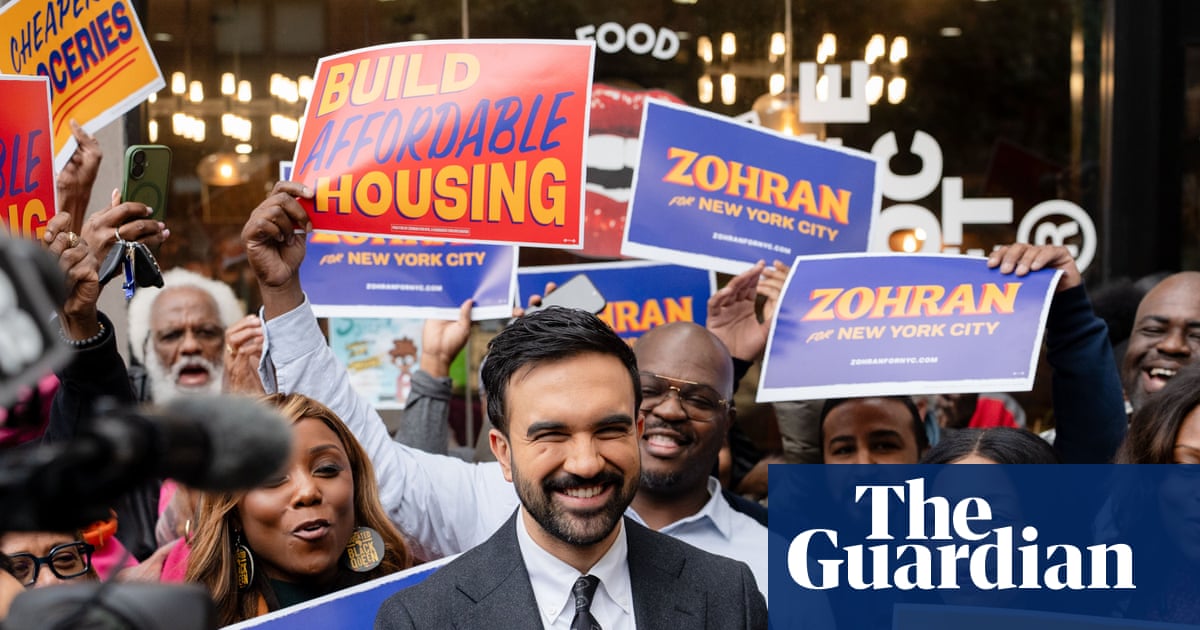


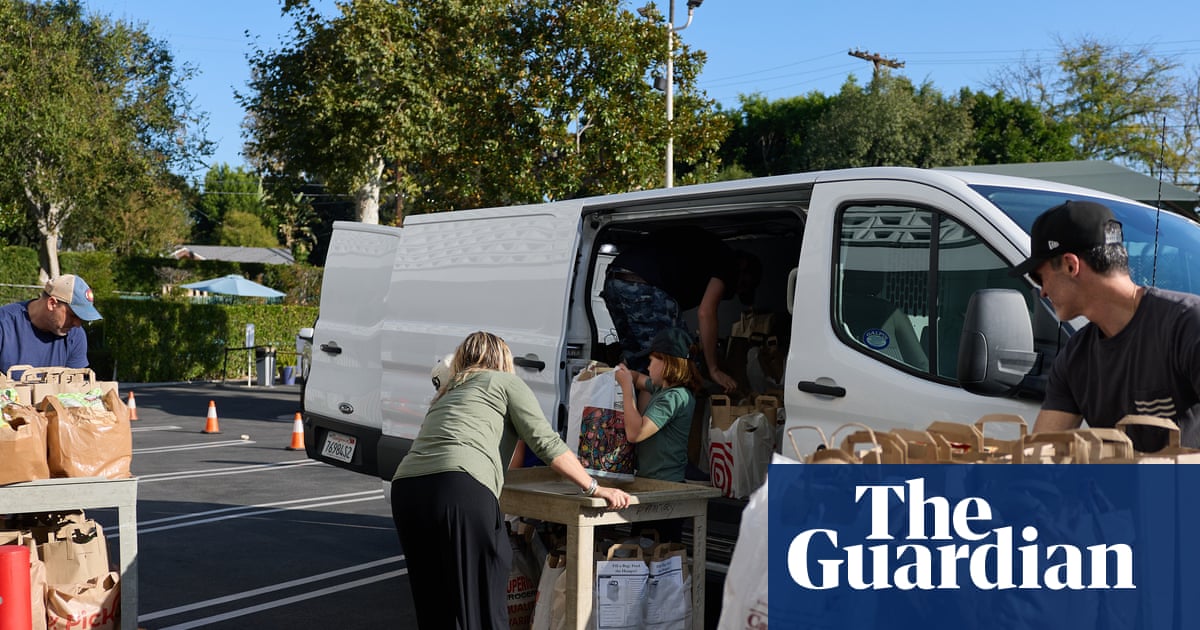



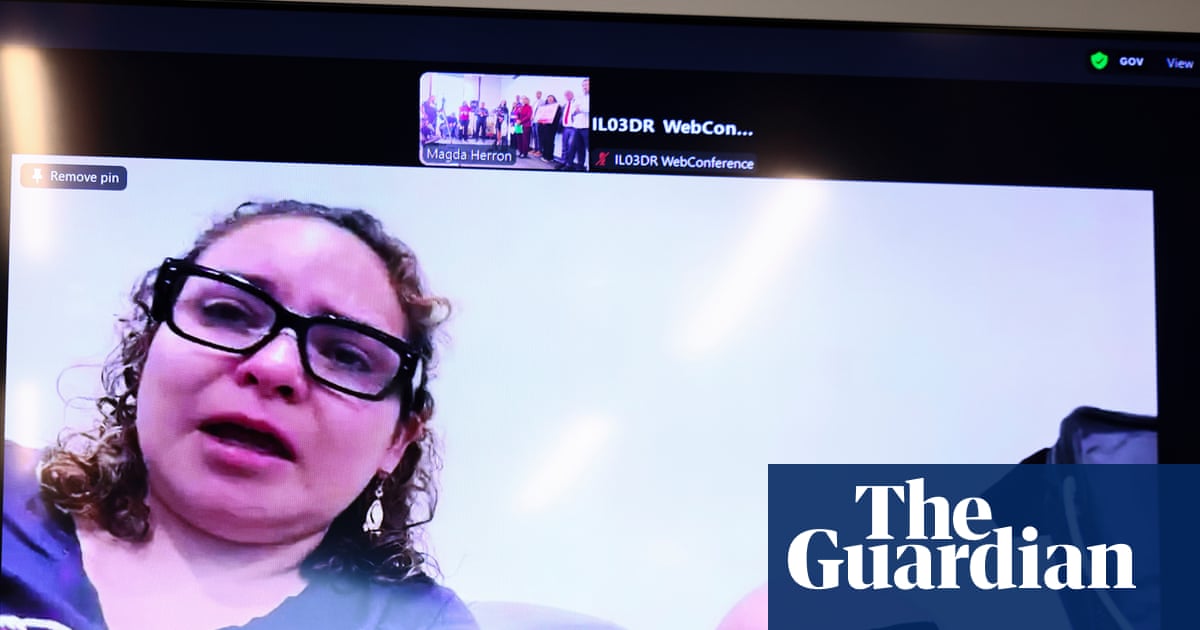
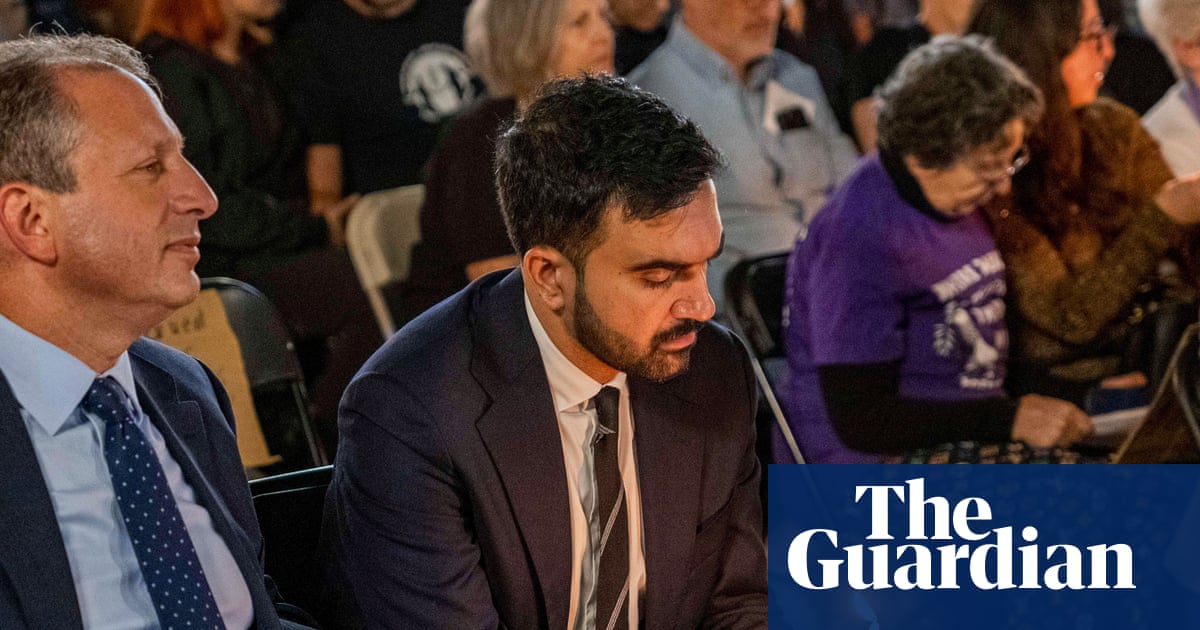
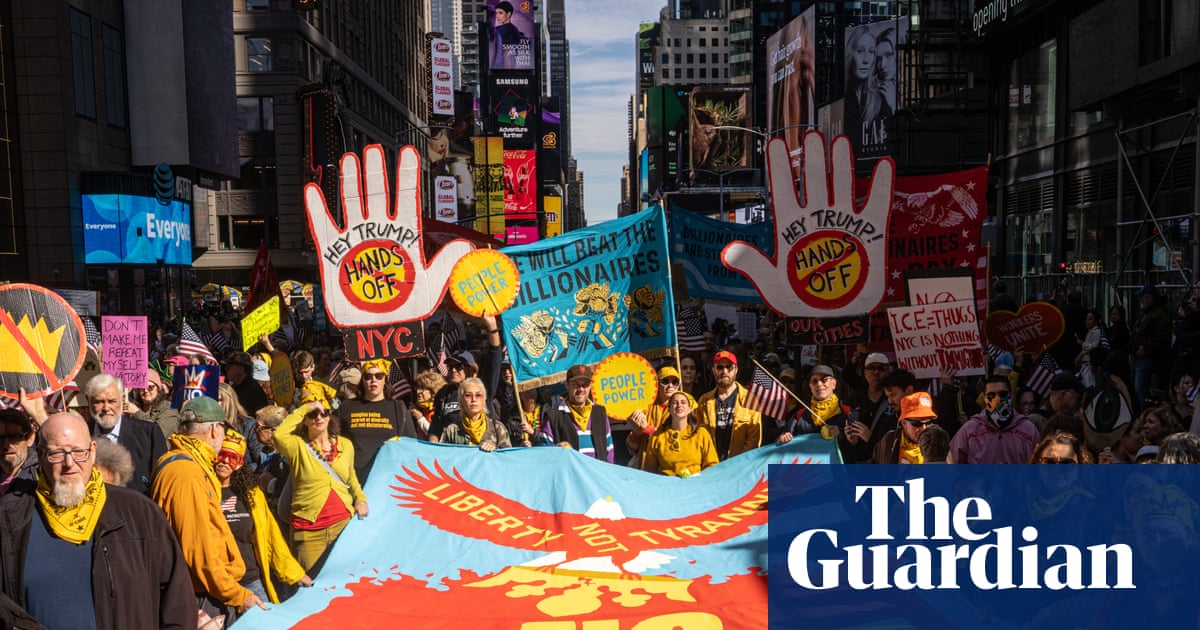














Comments